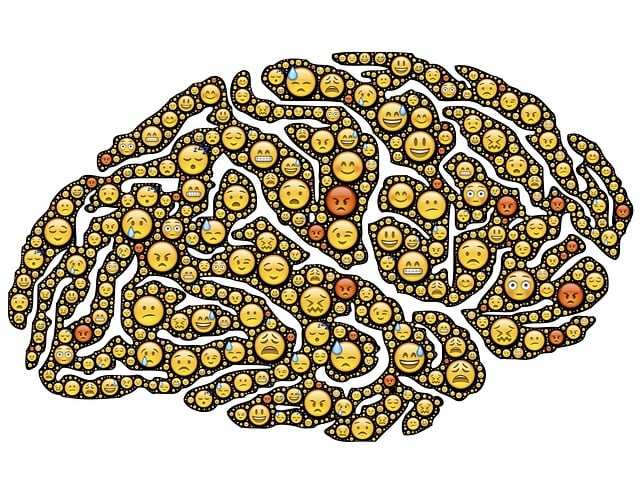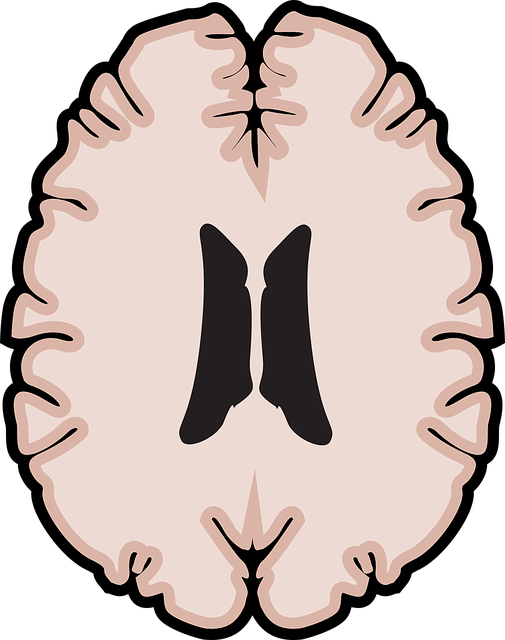Public awareness campaigns in Colorado Springs are reshaping mental health perceptions by educating communities about psychosis and other illnesses through diverse channels. These initiatives offer stress reduction, anxiety relief, and interactive workshops for proactive mental wellness management. By humanizing individuals with psychosis through storytelling and collaborative efforts between healthcare providers, community organizations, and media, these campaigns encourage early intervention and reduce stigma. Continuous evaluation of campaign effectiveness is crucial for tracking key metrics and ensuring Colorado Springs psychosis therapy services remain relevant and aligned with community needs.
Public awareness campaigns play a pivotal role in shaping societal perceptions and behaviors, especially regarding mental health. This article delves into the strategic development of such initiatives, focusing on Colorado Springs Psychosis Therapy as a case study. We explore the importance of understanding target audiences, designing engaging content, and measuring impact to ensure continuous improvement. By examining these key components, we aim to enhance public awareness and promote better access to services like Colorado Springs Psychosis Therapy.
- Understanding Public Awareness Campaigns for Mental Health
- Designing Effective Colorado Springs Psychosis Therapy Campaigns
- Measuring Impact and Continuous Improvement in Public Awareness
Understanding Public Awareness Campaigns for Mental Health

Public awareness campaigns play a pivotal role in shaping societal perceptions and fostering understanding around mental health issues, including psychosis. These initiatives are designed to educate communities about the nature of mental illness, dispel stereotypes, and encourage early intervention and support. In Colorado Springs, where access to specialized therapy like psychosis treatment is paramount, well-crafted campaigns can significantly impact local residents’ mental wellness. By leveraging various communication channels, these campaigns aim to reach a diverse audience, offering practical stress reduction methods and anxiety relief strategies tailored to the unique needs of the community.
The development of effective mental wellness coaching programs is another crucial aspect highlighted by these campaigns. They emphasize the importance of proactive mental health management, encouraging individuals to take charge of their well-being. Through interactive workshops, online resources, and one-on-one coaching, Colorado Springs residents can explore sustainable practices for managing stress and anxiety, ultimately contributing to improved mental wellness outcomes. By combining education, support, and accessible services, these campaigns strive to create a more compassionate and informed society, where individuals feel empowered to seek help without stigma.
Designing Effective Colorado Springs Psychosis Therapy Campaigns

In the development of Colorado Springs psychosis therapy campaigns, a strategic approach is essential to foster mental health awareness and empathy within the community. Public Awareness Campaigns Development should focus on creating compelling narratives that humanize individuals living with psychosis, dispelling myths, and reducing stigma. By integrating creative storytelling and impactful visuals, these campaigns can engage audiences and facilitate conversations about mental health in Colorado Springs.
Mental Health Awareness initiatives must be tailored to address local needs and cultural contexts. Incorporating empathy-building strategies, such as sharing personal stories and featuring diverse voices, can help normalize discussions around psychosis. Effective campaigns not only educate the public but also encourage early intervention and support seeking behaviors. Through collaborative efforts between healthcare providers, community organizations, and media partners, Colorado Springs can create a more inclusive and supportive environment for those navigating psychotic disorders.
Measuring Impact and Continuous Improvement in Public Awareness

Evaluating the effectiveness of public awareness campaigns is a vital step in ensuring their long-term success and positive impact on mental health initiatives, such as Colorado Springs psychosis therapy services. Measuring the reach and engagement generated by these campaigns can provide valuable insights for improvement and refinement. By utilizing various assessment tools and methods, organizations can gauge the campaign’s overall performance and its contribution to raising Mental Health Awareness.
This process involves tracking key metrics like campaign reach, participation rates, and the subsequent behavioral changes in the target audience. For instance, a well-structured Mental Wellness Coaching Programs Development initiative might measure the adoption of self-care routines developed for better mental health. Continuous improvement is fostered when campaign organizers analyze these metrics and adapt their strategies accordingly. Such an iterative approach ensures that public awareness campaigns remain relevant, effective, and aligned with the evolving needs of the community they serve.
Public awareness campaigns play a pivotal role in shaping societal understanding of mental health issues, including psychosis. By leveraging strategic communication methods and tailored initiatives, such as those exemplified in Colorado Springs Psychosis Therapy programs, we can foster inclusive environments that promote early intervention and support. Continuous measurement and adaptation based on campaign impact are essential to ensure these efforts remain relevant and effective. Through collaborative efforts and data-driven improvements, public awareness campaigns have the potential to revolutionize mental healthcare accessibility and outcomes, ultimately enhancing the well-being of communities across Colorado Springs and beyond.













